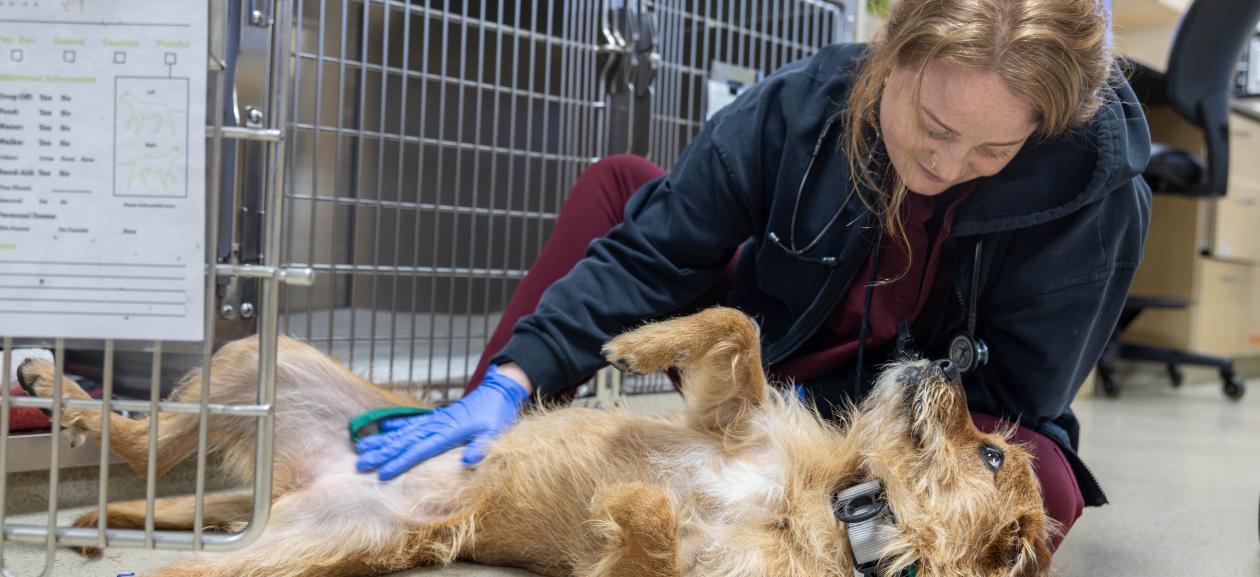
Protecting Your Pets: A Guide to Rat Poison Ingestion and Pet Safety
Discovering that your pet has ingested rat poison can be a distressing situation for any pet owner. Rat poison, although designed to target rodents, poses a serious threat to our beloved pets.
The Dangers of Rat Poison
Rat poison contains toxic substances that are specifically formulated to kill rodents. These substances are highly toxic to other animals. Even a small amount of rat poison can have serious consequences for your pet's health.
Recognizing the Signs of Rat Poison Ingestion
Being able to identify the symptoms of rat poison ingestion is critical for prompt action. Keep an eye out for the following signs:
- Bleeding or bruising: Rat poisons that contain anticoagulants can lead to unexplained bleeding, nosebleeds, bleeding gums, blood in urine or feces, or bruising.
- Neurological symptoms: Rodenticides can cause seizures, tremors, muscle weakness, difficulty breathing, or paralysis.
- Gastrointestinal issues: Ingesting rat poison may result in vomiting, diarrhea, loss of appetite, or abdominal pain.
- Weakness and lethargy: Your pet may appear tired, weak, or disoriented after ingesting rat poison.
Immediate Actions to Take
If you suspect your pet has ingested rat poison, it's crucial to act quickly and effectively.
- Stay calm: It’s always easier said than done when you’re concerned about your pet. But the most helpful step is to take a deep breath and do your best to not panic Focus on taking the necessary steps to assist your pet.
- Contact your veterinarian: Call your vet immediately and provide them with all details of the situation. They will guide you on the best course of action. Grab a notepad or open a note on your phone to take notes of every symptom you notice your pet is displaying.
- Do not induce vomiting: Unlike some other toxins, inducing vomiting is not recommended in cases of rat poison ingestion, as it can lead to further complications.
- Bring the packaging: If possible, bring the packaging of the rat poison with you to the veterinarian. This can help them determine the specific type of poison and administer appropriate treatment.
Take Preventive Measures to Keep Your Pet Safe
- Secure storage: Keep all rat poisons securely stored in places that are inaccessible to your pets. Choose pet-safe alternatives, such as traps or natural deterrents, whenever possible.
- Be cautious outdoors: If you have a yard or garden, ensure that any rat poisons or traps are placed in areas that your pets cannot access. Monitor your pet closely while they are outdoors to prevent accidental exposure.
- Communicate with neighbors: If you live in an area where rodent control measures are taken, communicate with your neighbors to ensure they are using pet-safe methods.
Rat poison ingestion can have serious consequences for our furry companions, but by understanding the dangers, recognizing the signs, and taking immediate action, you can potentially save your pet's life. Prevention is key to ensuring your pet's safety. By taking preventive measures and promoting pet-safe alternatives, you can create a rat poison-free environment and have peace of mind knowing that your pet is protected from this dangerous toxin.
Quick Action Saves Lives
If you believe that your animal is ill or may have ingested a toxic substance, contact your local veterinarian or the ASPCA Animal Poison Control Center at 1-888-426-4435.
If your pet is showing signs of distress, such as sudden changes in behavior, depression, pain, vomiting, or diarrhea, contact your primary veterinarian if possible. If they’re unavailable, DoveLewis is here to help 24/7. Call us at 503-228-7281 or walk in anytime for immediate care.
Recent Posts
Marijuana Toxicity in Pets: What You Need to Know
As availability of marijuana increases in the Portland area since legalization, so have the number of marijuana toxicity cases treated at DoveLewis. Our doctors warn pet owners of the potential risks to their dogs and cats if marijuana is ingested in any form.
Dog Bite Prevention Tips
Now more than ever, people are venturing outside with their pets to get fresh air. This is increasing the possibility of interactions with other dogs that can lead to bites and injuries. DoveLewis is sharing tips to help prevent this from happening so animals and humans can stay safe.
How to Build a Pet First Aid Kit
Every pet owner should have a pet first aid kit handy in case of an emergency. If you need to put one together, we’ve got you covered!




